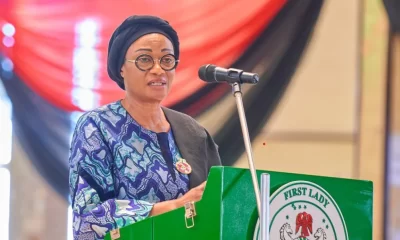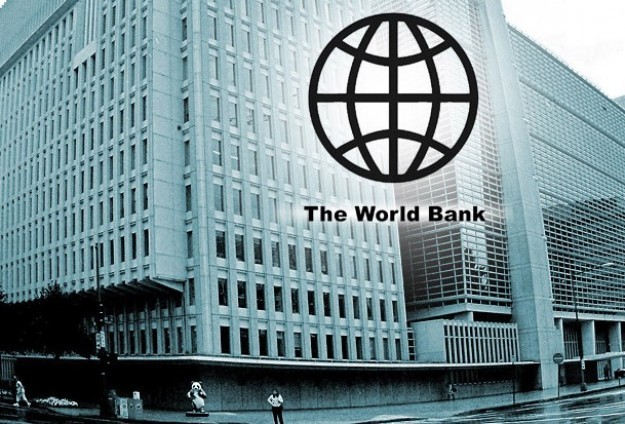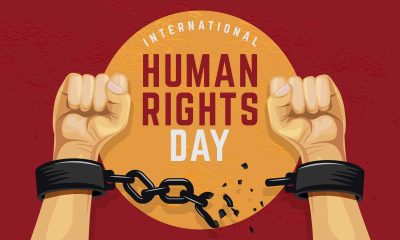Socio-Economic Rights and Accountability Project, (SERAP) has sent an appeal to Access to Information (AI) Appeals Board against the World Bank’s decision dated November 25, 2015 “to provide patently insufficient information on the spending of recovered stolen funds from the late General Sani Abacha.”
SERAP said that it considered the decision “a serious violation of the AI Policy, as it amounts to improper or unreasonable restriction of access to information.”
In the appeal dated February 5, 2016, and signed by SERAP Deputy Executive Director, Comrade Olukayode Majekodunmi, the organisation remarked that, “Following receipt of several documents from the World Bank totaling over 700 pages on the Abacha loot, SERAP commenced independent investigations and verification of some of the information supplied with appropriate agencies and institutions of government.” The group was, however, constrained by the restriction of information by the World Bank.
The appeal read in part: “SERAP is concerned that the World Bank failed and/or neglected to provide several portions of the information requested on the spending of recovered Abacha loot managed by the Bank.” Thus, SERAP noted that one of the guiding principles of the Policy on Access to Information (AI Policy) is recognizing the right to an appeals process when a request for information in the World Bank’s possession is improperly or unreasonably denied.
SERAP argued that “there is a strong public interest case here to override the corporate administrative matters, deliberative information or financial information exceptions of the AI Policy if the information being requested falls under one of these exceptions.”
SERAP expressed the belief that it is not harmful for the Bank to disclose specific details of the information requested, noting that “the sole remedy available to those who prevail in the appeals process is to receive the information requested.”

 Entertainment6 days ago
Entertainment6 days ago
 Entertainment3 days ago
Entertainment3 days ago
 Comments and Issues6 days ago
Comments and Issues6 days ago
 Business7 days ago
Business7 days ago
 Comments and Issues6 days ago
Comments and Issues6 days ago
 Health1 week ago
Health1 week ago
 Health5 days ago
Health5 days ago
 Editorial Opinion1 week ago
Editorial Opinion1 week ago











